Dominance in Latin America: Rivalry between England and the United States
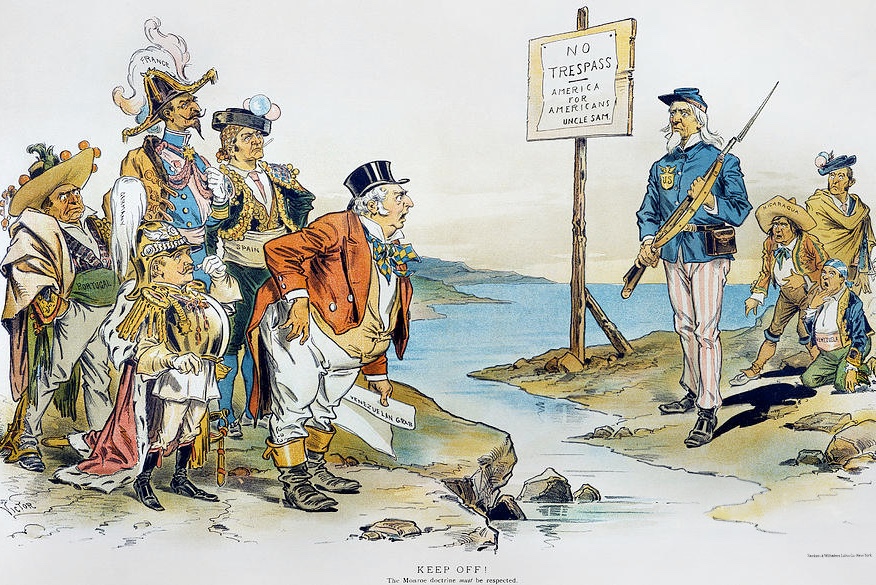
During the 19th century, the United Kingdom and the United States competed for dominance in Latin America, taking advantage of the instability of the new republics. While Great Britain expanded its influence through trade and investment, the United States imposed the Monroe Doctrine (1823) and, under Andrew Jackson, adopted a more aggressive and interventionist foreign policy. An example of this strategy was the 1831 incident with Argentina, which highlighted the United States’ tendency to intervene in the region. In December 1831, Buenos Aires government authorities arrested several American citizens accused of participating in illicit activities within Argentine territory.
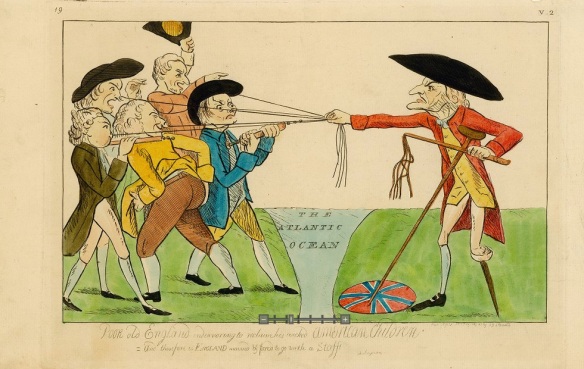
In response, the United States government dispatched the frigate USS Lexington to pressure local authorities to release the detainees. This incident was influenced by the Jackson Doctrine, which promoted the expansion of American power through the imposition of its will. This was not only an act of protection for its citizens abroad, but also a strategy to assert its presence in the Southern Cone. A few months after the incident with Argentina, on January 3, 1833, Great Britain carried out the military occupation of the Falkland Islands. The United States remained on the sidelines and avoided condemning the British action, which evidenced a selective application of the Monroe Doctrine.
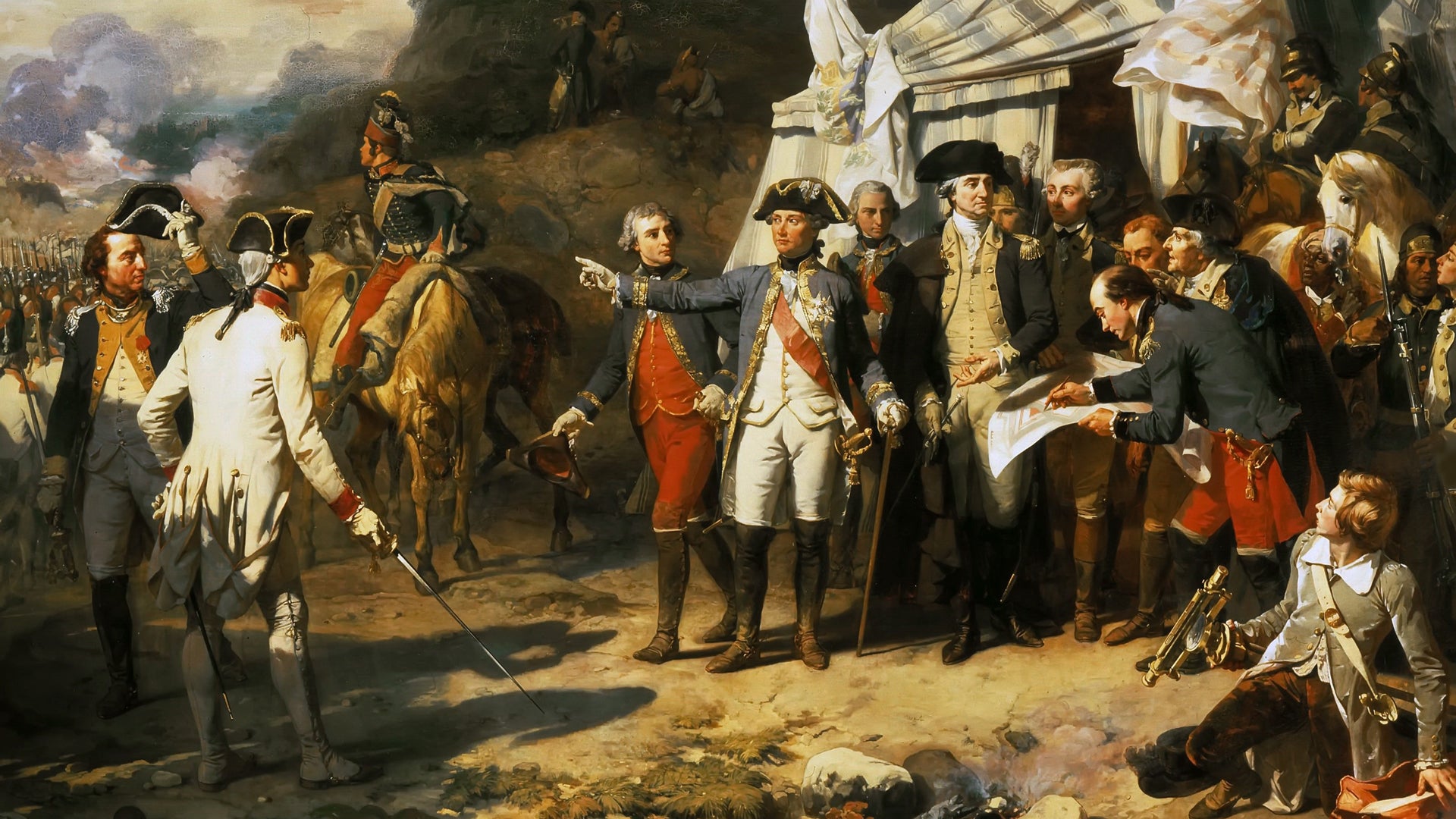
In theory, the doctrine proclaimed by James Monroe in 1823 sought to curb the expansion of European powers in the Americas. However, in practice, the United States ‘ passivity in the face of the British invasion demonstrated that its priority was not protecting Latin American nations, but safeguarding its own geopolitical interests. Argentina was left in a diplomatic and military vulnerability, allowing Great Britain to consolidate its dominance over the islands. Between 1834 and 1836, a diplomatic crisis erupted between New Granada (present-day Colombia) and the United Kingdom due to the intervention of British Vice Admiral Charles Russell in the internal affairs of the South American country.
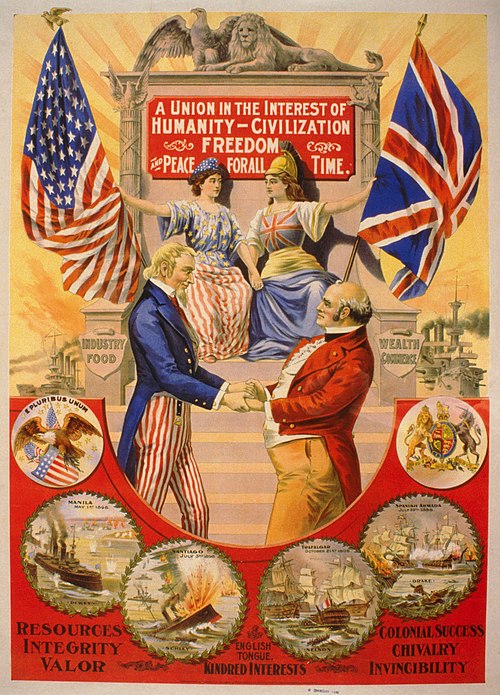
In a controversial episode, Russell was sentenced to six years in prison after an altercation with New Granadan citizen Justo Paredes, leading the British authorities to demand his immediate release and compensation of one thousand pounds. The New Granadan government, steadfast in its sovereignty, initially refused to accept the British demands. However, increasing pressure from the British crown and threats forced the Granadan authorities to begin a negotiation process to avoid an escalation of the conflict. In 1837, New Granada finally agreed to pay the indemnity in order to prevent military intervention.
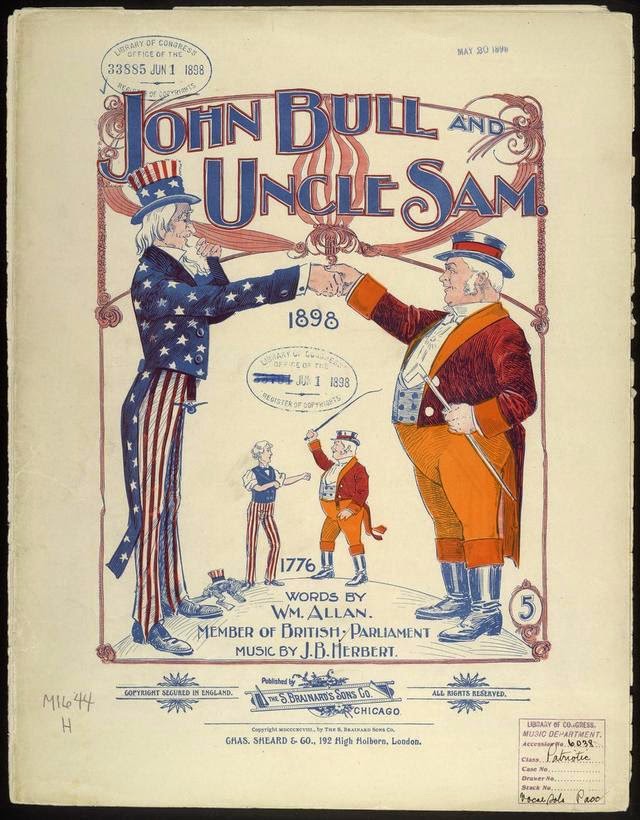
Despite this agreement, in 1839, diplomat Manuel María Mosquera was sent to London to obtain a revision of the treaty and seek rectification from the British government. However, before he could achieve his goal, his government was overthrown, thwarting any attempt at renegotiation. This episode reflected and demonstrated the fragility of the newly independent republics. During the 1830s and 1840s, tensions mounted and the United States applied coercive diplomacy and the use of force to assert its interests, while Great Britain turned to commercial control and territorial expansion as strategies to consolidate its dominance.

The struggle for control of the region forced the young Latin American republics to negotiate their sovereignty under conditions of extreme diplomatic, economic, and, in some cases, military pressure. This historical period marked the beginning of a long period of foreign interference in the internal affairs of Latin American countries, creating a scenario of dominance where the decisions of Latin American countries were extorted by the United States and England. The struggle for control of the region forced the young Latin American republics to negotiate their sovereignty under conditions of extreme diplomatic, economic, and, in some cases, military pressure.





